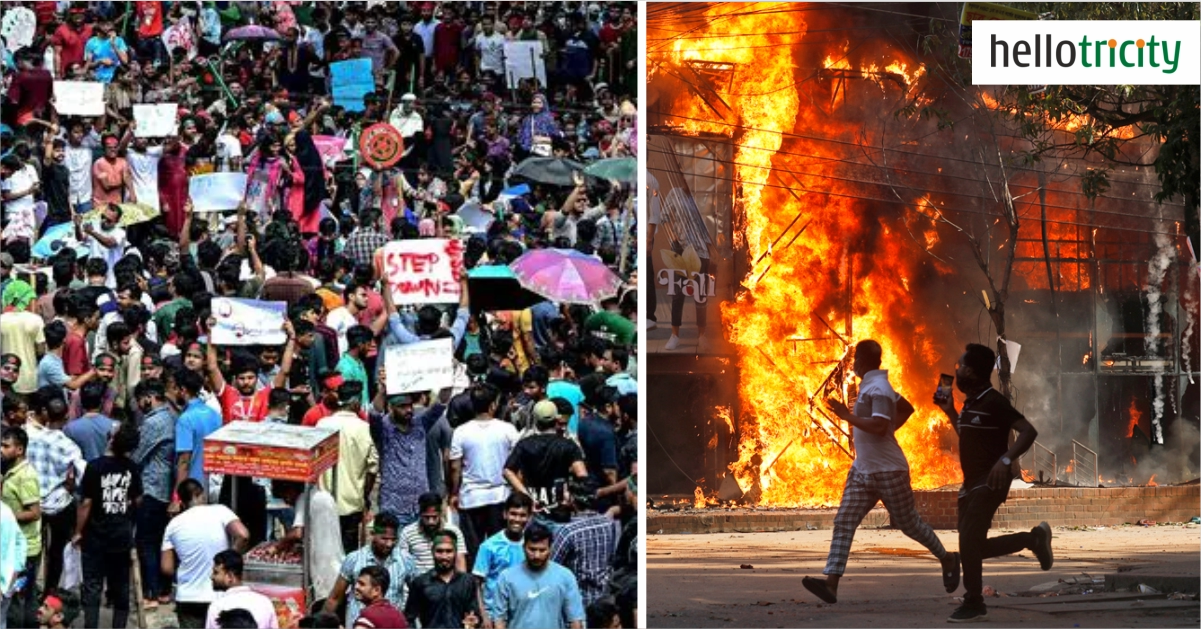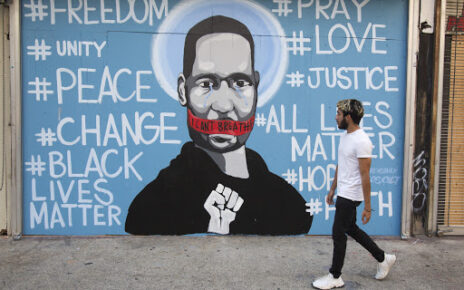India has advised its people to be very careful and avoid or limit their travel following the recent violence in Bangladesh. Due to this unrest, during which at least 98 lives were lost and hundreds more injured, India has released a travel warning against visiting the country until everything calms down.
On Sunday, there was a surge in violence in several towns, including the capital Dhaka, as students engaged in protests against the police and members of the ruling party. The large gatherings calling for Prime Minister Sheikh Hasina’s resignation were attempted to disperse by law officers using stun grenades and tear gas. The administration replied by declaring an indefinite national curfew and a three-day holiday in an attempt to put an end to the unrest.
All Indian citizens living in Bangladesh received a warning from the Indian Ministry of External Affairs (MEA) telling them to be cautious, restrict their travel, and stay in touch with the Indian High Commission in Dhaka due to the unpredictable situation. The alert stressed that because of the uncertain and potentially hazardous conditions, great vigilance is required.
With sticks as weapons, protesters assembled at Shahbagh Square of Dhaka and some other significant spots where they fought with law enforcers and the members of the ruling Awami League. Initially concentrated around Dhaka city and adjacent areas, these protests have now spread to towns nearby, blocking roads and causing massive disturbances. The leaders in this movement are calling for a non-cooperation campaign urging citizens to evade electricity and tax payments in addition to unemployment avoidance.
In an attempt to gain control over the situation, the government has cut off access to social media platforms such as Facebook and WhatsApp and suspended high-speed internet services. Among those targeted by the protesters include businesses and institutions that are still operating, with specific reference to Dhaka’s Bangabandhu Sheikh Mujib Medical University, for example. Reports from Dhaka’s Uttara area indicate that crude bombs were detonated and gunshots were heard, further escalating tensions.
With the protests getting bigger, Prime Minister Hasina’s government—which has been in office for more than 15 years—faces a serious threat. The Prime Minister has declared the demonstrators to be terrorists and accused banned organizations including Jamaat-e-Islami, and opposition parties of encouraging the violence. She has mandated the release of jailed students who are not connected to any severe offences to put an end to the disturbance.
Protesters demanded responsibility for the government’s oppressive reaction and the removal of a problematic government employment quota system as the protests got underway. The international community is keeping a close eye on the situation and advises Indian nationals living in Bangladesh to exercise caution and knowledge.




